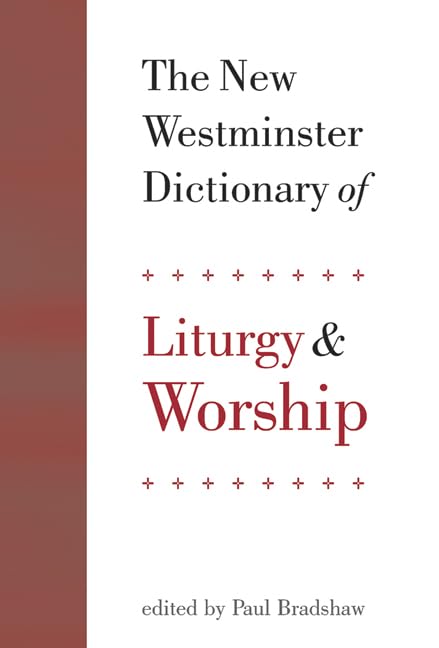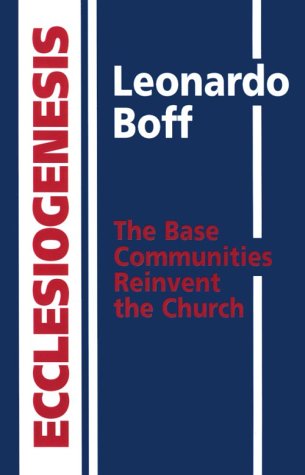Subtitled ‘Distinctive Characteristics and Common Misunderstandings’, this book is intended as an introduction to the Reformed faith. The author grew up in a Dutch Reformed tradition, was a missionary in Japan where exposure to different traditions caused him to reflect on his Reformed beliefs, a reflection further spurred by studies with Brunner and Barth. This led him to conclude that Reformed theology is a middle way, neither liberal nor fundamentalist, and the book is an attempt to explain what ‘Reformed’ stands for. This is done by dealing with a series of questions and misunderstandings which the author insists he has encountered at different times.
The book is brief and hence generalizations abound: ‘All theological systems rely to some extent on philosophical foundations. Augustine rested on Plato, Aquinas on Aristotle, Luther on Ockham, Calvin on Scotus. In our day Brunner draws on Kierkegaard, Barth on Kant and Hegel, Tillich on Schelling’; and of course the accuracy of such can always be questioned. Hesselink in short compass is wide ranging, introducing us to a vast range of works and theologians, past and present. This leads to some unfair summaries: e.g. Warfield’s thesis in Counterfeit Miracles is that ‘whereas it was quite appropriate for the apostolic church to be a “miracle-working church”, spiritual gifts (charismata) of a miraculous kind necessarily passed away with [the apostolic church]’! Hesselink’s views will be more acceptable to those who prefer Rogers and McKim or R. T. Kendall to, say, Warfield or John Murray or J. I. Packer. Federalism is an ‘unbiblical notion’ (this reviewer found both ‘unbiblical’ and ‘notion’ objectionable words here).
There are some points of detail that seem at least doubtful, such as the assertion that the Westminster Confession is ‘a product of the Church of Scotland’ (p. 10). Some points are well handled and are surprisingly needed. Very recently I heard a seminary president deny ‘total depravity’ because he could not accept that there was no good in humanity! Hesselink would have helped here, but this volume will only improve such gross errors, and is not a book for the informed.
Gordon R. Palmer
Glasgow






